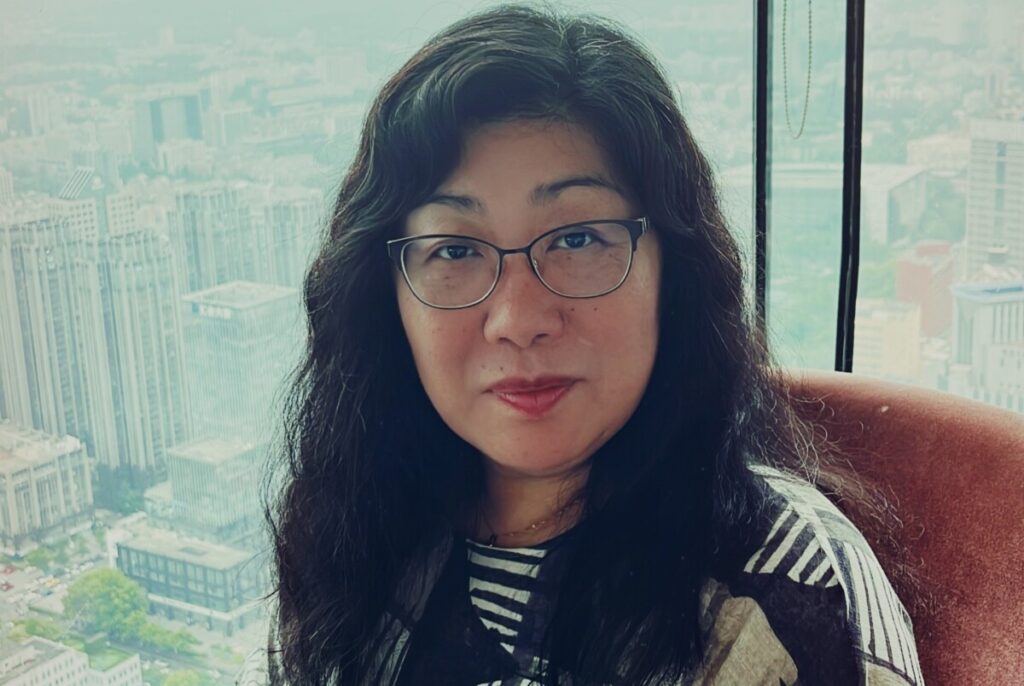
Dr. Jinyu Liu has joined the faculty of the Emory History Department as Acting Betty Gage Holland Professor of Roman History. Dr. Liu was previously Professor of Classical Studies at DePauw University, where she also served as Department Chair from 2013-’16. Her research interests include: social relations in Roman cities, the non-elite in the Roman Empire, Latin epigraphy, the reception of Graeco-Roman classics in China, and translating classical texts in a global context. In the Q&A below, Dr. Liu offers insights on her research and teaching as well as the factors that drew her to Emory.
Tell us about the focus of your research and principal current project.
My main research area is the socio-economic history of ancient Rome through the examination of inscriptions and other written documents, particularly those related to the lower classes, social hierarchies, social and geographical mobilities, and economy. My work engages with an ongoing effort to write Roman history “from below”, which decenters the “elite” at Rome and systematically (re)constructs the historical experiences, organizational and survival strategies, expectations, aspirations, and self-representation of those below the ruling classes in the ancient Roman World. A particular focus of my research in this area lies in the study of the associations/guilds (collegia) in the Roman Empire. I have published a monograph and a number of articles on the topic. My current and ongoing projects in the area of socio-economic history of Rome have two directions: 1) comparative studies of the associative phenomenon in ancient China and Rome; and 2) investigations into the less rosy aspect of the experiences of (im)migrants in the early Roman Empire, in reaction to a general tendency in the existing scholarship that leans towards a positive, perhaps overly positive, assessment of the interaction between the (im)migrants and the locals in the Roman World.
Another research interest of mine is the reception, translation, and dissemination of Greek and Roman antiquity in China. I have published an edited volume in English (with T. Sienkewicz, Ovid in China: Reception, Translation, and Comparison. Brill, 2022), a two-volume collective book in Chinese (New Frontiers of Research on Ovid in a Global Context. Peking University Press, 2021), and several articles in reception studies. I am also serving as the Principal Instigator for a collaborative project on “Translating the Complete Corpus of Ovid’s Poetry into Chinese with Commentaries”. Selected translations and commentaries from the project that have been published in journals are made openly available on “Dickinson Classics Online“, a platform that the Classics Department of Dickinson College helped create in 2015 to provide resources in Graeco-Roman history and Greek/Latin literature to the Sinophone users.
Was there a particularly memorable moment from archival or field research that has had a lasting impact on your work or career?
My visit to the old Roman sites such as Ostia, Pompeii, and Herculaneum many years ago left a long-lasting impact on me. Deprived of the old residents/visitors, odor, sound, and the other features of these places when they were still alive and active, they are sites for imagination and reconstruction. The ancient people did leave many clues in the form of epitaphs, honorific monuments, buildings of various types and sorts, tombs, electoral paintings on the exterior walls of the houses, graffiti, and so on. Another very interesting site is Isola Sacra, which is a large-scale cemetery from the Roman times. There you will see house-shaped tombs, burial slots saved for freedmen and freedwomen, a carving with a midwife assisting childbirth, and so on. The world of the dead has preserved the clues for the world of the living. My dissertation and later work have mostly concerned with reading and making connections of these clues in a contextualized manner.
What sort of courses – undergraduate or graduate – are you most excited to offer at Emory?
I am excited to teach “History of Rome” and “Slavery in Ancient Rome” in the coming semester. I also greatly look forward to offering “Uncovering the Marginalized Voices”, “Being Ordinary Romans”, “The Political Culture of Ancient Rome”, “Rome and China Compared”, and “Exile in Antiquity: History, Law, Material conditions, and Literature” in the future.
What drew you to Emory?
I was impressed with how intellectually advanced the students were and appreciated their curiosities and probing questions during my visit to Emory. I have also tremendously appreciated the high morale and energy in the History Department and on campus, as well as the friendliness of the staff members. My work also intersects and overlaps with the expertise of several History Department faculty, including colleagues working on history from “bottom up”, empire, expatriates, slavery, and reception studies. It is hard to resist the prospect of working with a number of highly accomplished historians in an immensely supportive environment, where there is real potential for methodological and thematic synergy within the Department and with the Classics Department.